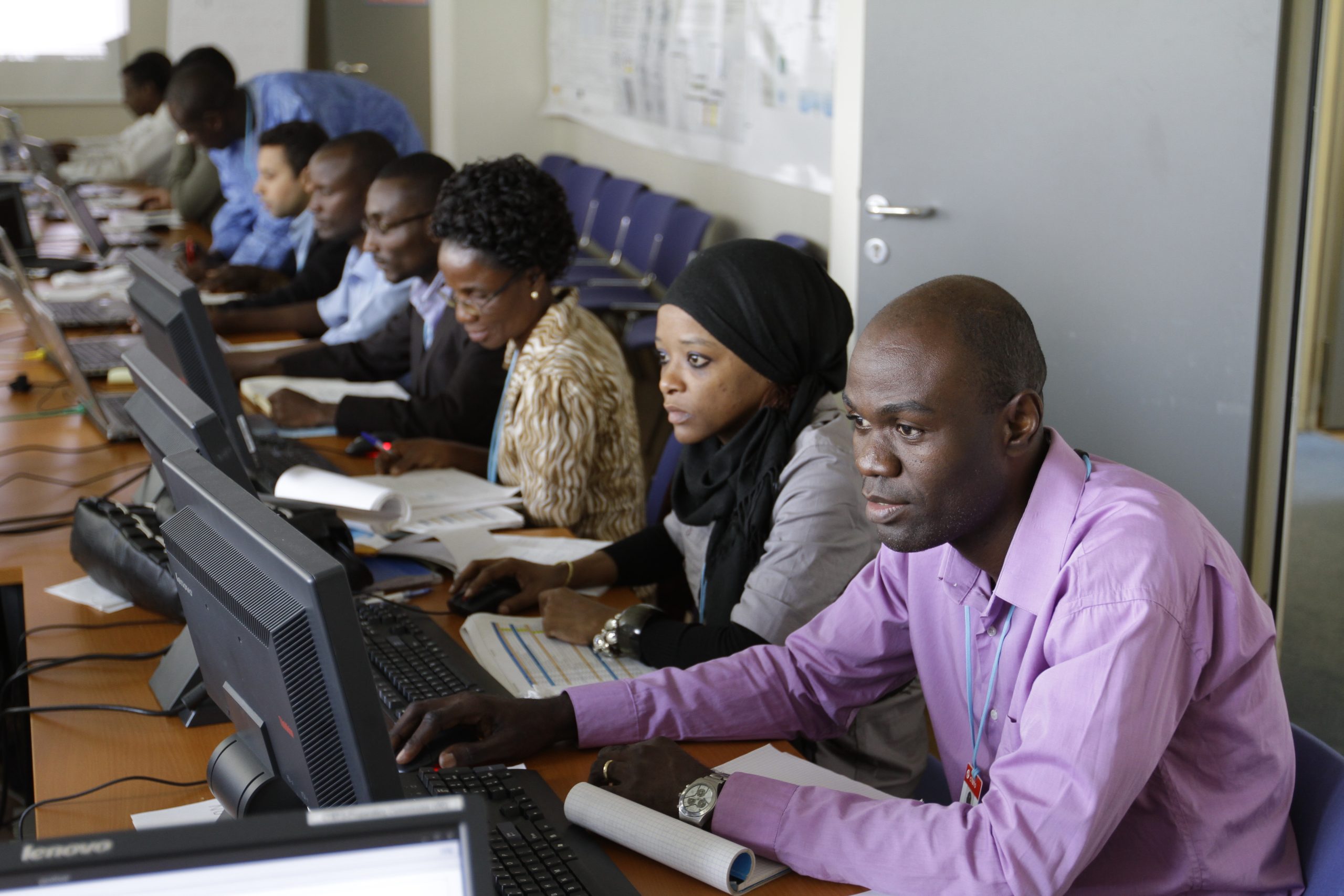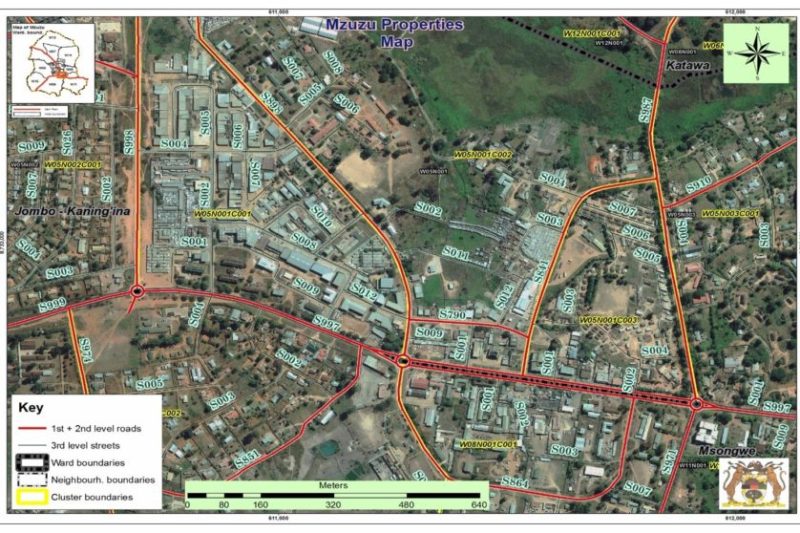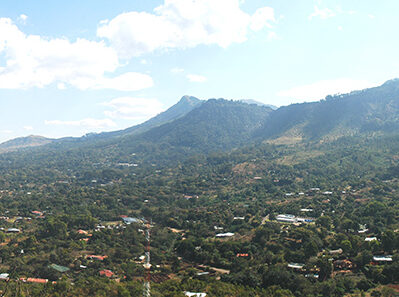Four urban councils in Malawi – Lilongwe, Mzuzu, Zomba, and Blantyre –are set to embark on a substantial property tax reform. In the context of this reform, this project involved a thorough examination of the functioning of the property tax system in the four councils, including the ongoing technical, political and compliance challenges.
The study used a diagnostic assessment tool developed by the LoGRI program to uncover the (1) technical challenges specific to each stage of the property tax cycle, (2) the potential political resistance to reform as well as the level of political commitment to support these reforms and (3) the attitudes of taxpayers towards tax compliance, and effective strategies to secure public buy-in and support for the proposed reforms.
The study employed a “binding constraints” approach to identify the most significant obstacles that could impede the success of the reform if they are not addressed. By pinpointing these key barriers, the analysis generated tailored recommendations to facilitate the successful implementation of property tax reforms in the four City Councils.
This comprehensive analysis goes beyond problem identification to focus on crafting viable, context-specific solutions to ensure the efficient modernization of property tax systems in Lilongwe, Mzuzu, Zomba, and Blantyre. Efficient property tax systems can lead to increased revenue generation, equity and fairness while paving the way for improved urban development.
Photo credit to Flickr/The Official CTBTO Photostream




